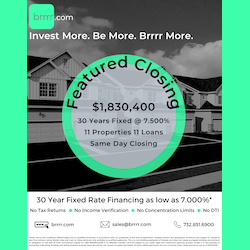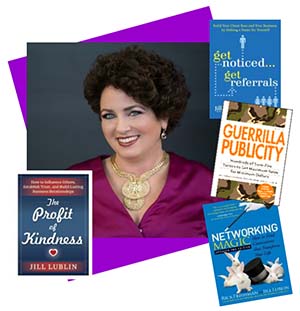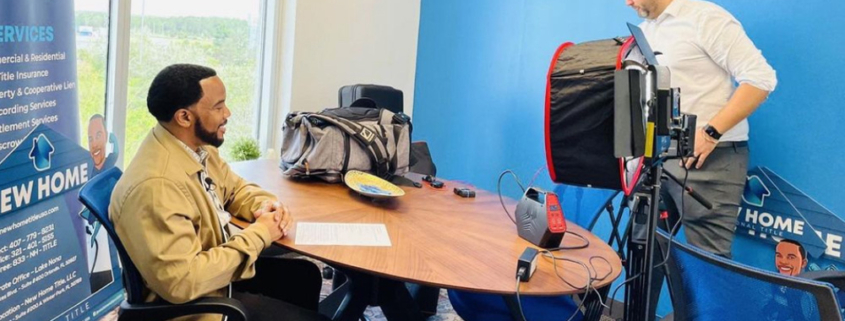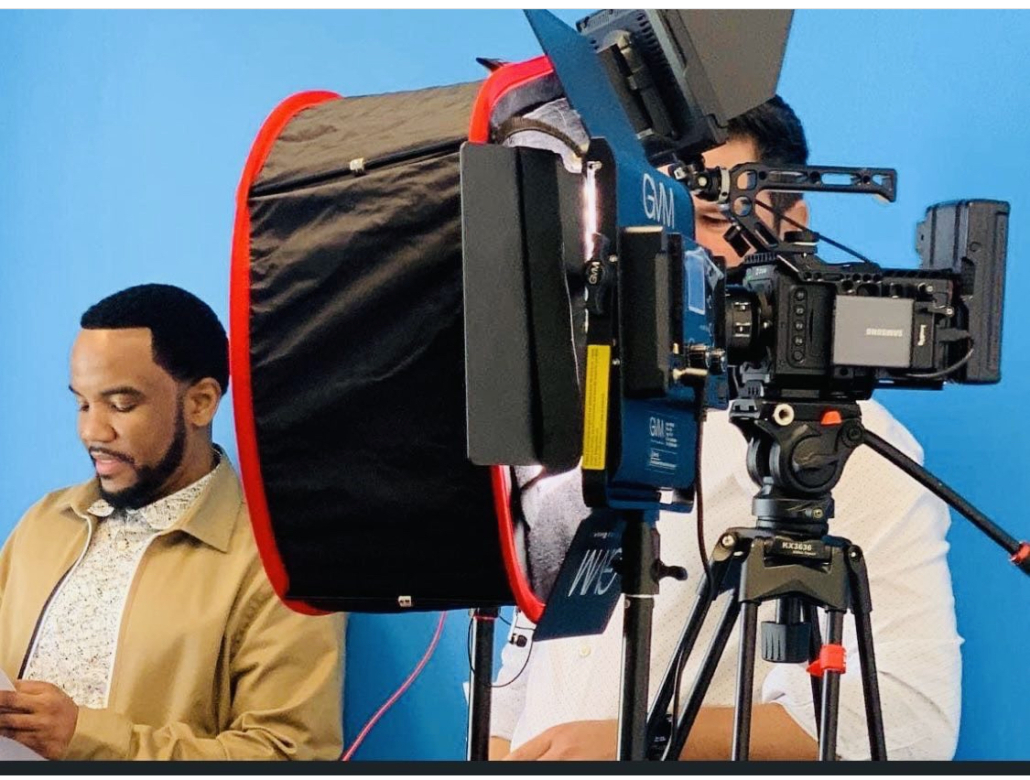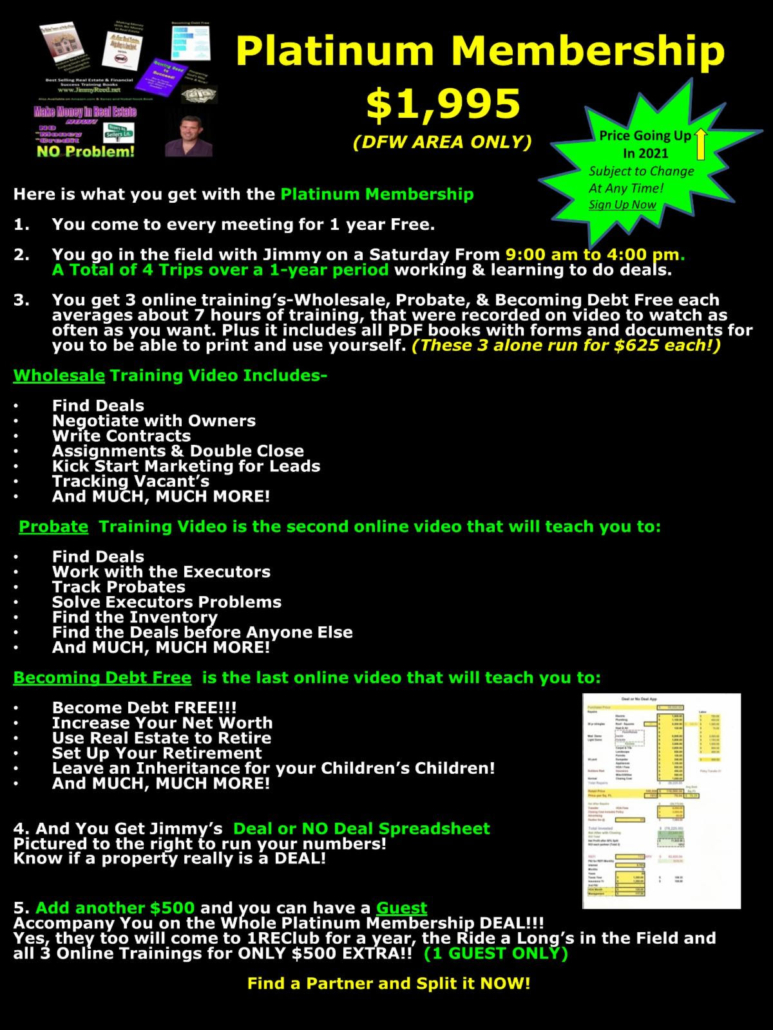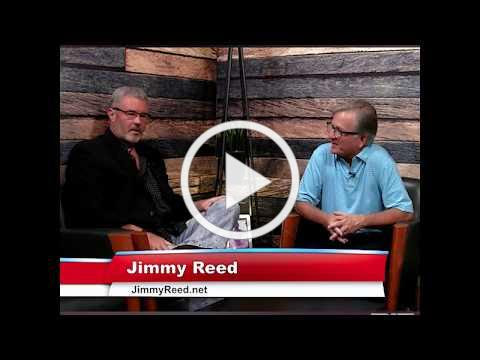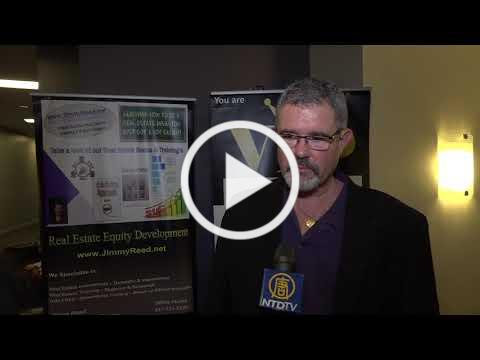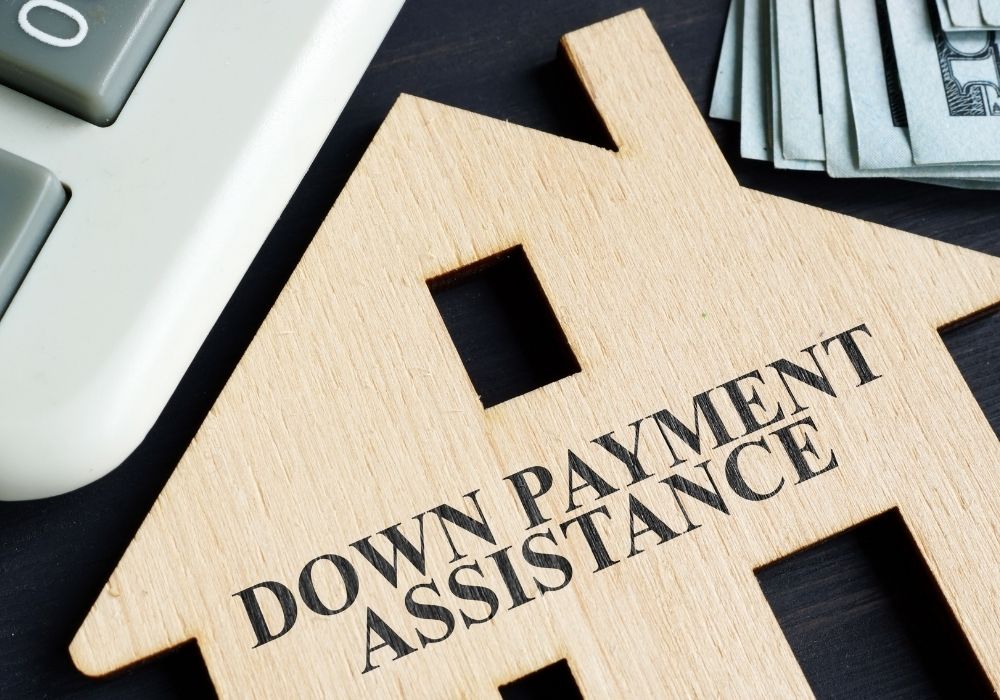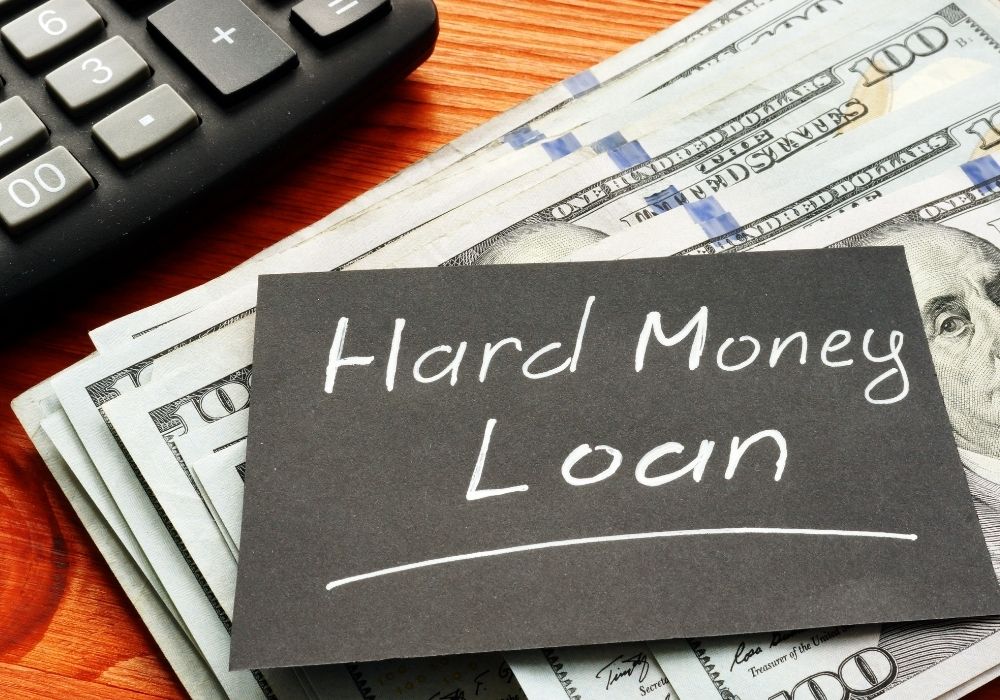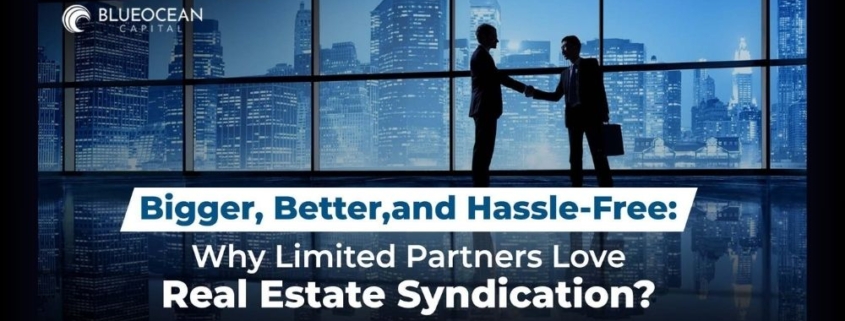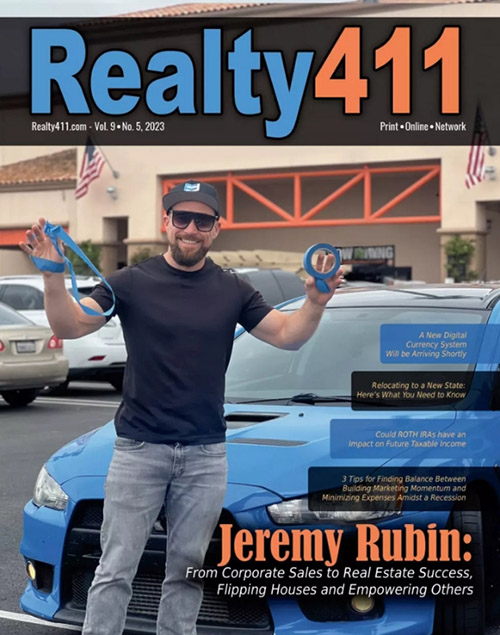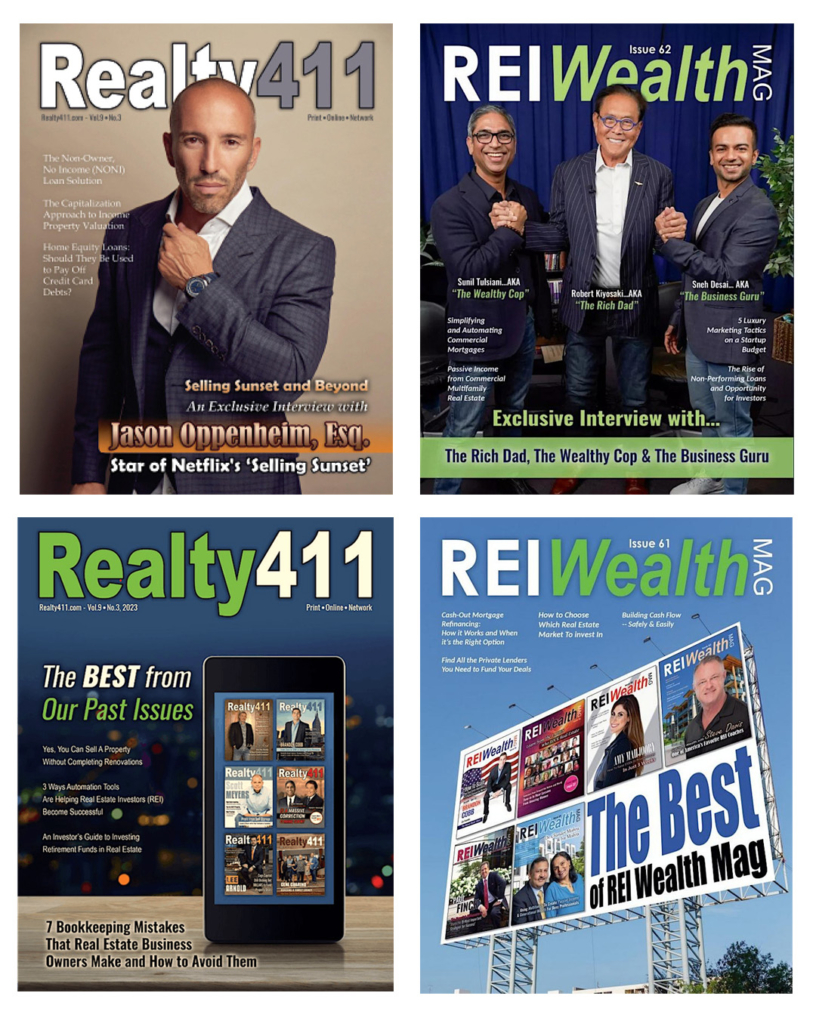Credit Fears – Fight, Flight, or Freeze
By Rick Tobin
What you avoid in life controls you, so you must confront it or attack it head on for the pain and fear to dissipate.
At our true core, we have just two root emotions – love and fear. All other feelings are just other sides or aspects of love (compassion, generosity, trust, empathy, etc.) and fear (guilt, shame, anger, envy, greed, etc.). As it relates to money, most people quickly react with fear when making financial decisions with a “fight-or-flight” type of fearful reaction.
Many people, sadly, freeze up with “deer-in-the-headlights” type of looks and do nothing until it’s too late. If so, the months or years of stress holds them back like an anchor and the financial trauma may continue to worsen.
Fight: Medical bills and divorce are the two main causes of financial insolvency and bankruptcy here in the US. Many times, the main argument point between once loving spouses is about household debt.
Flight: The most common reaction is to avoid the debt anchor topic partly by way of seeking out addictions (drugs, booze, excessive spending) to numb our emotions and not to think about it too much. In the short term, it may be helpful. However, it can crush you emotionally, physically, and financially in the long term.
Freeze: The proverbial “deer-in-the-headlights” is perhaps the most destructive reaction of them all. While being frozen with fear, the oncoming figurative car or train in the tunnel may eventually run you over and cause a heart attack, stroke, horrific addictions, broken relationships, or suicidal tendencies. At the same time, the maxed out credit card lenders may later start a credit freeze on the person’s account or drop their balances down to near zero.
Be Proactive, Not Reactive
Our nation is built on the issuance of credit and debt. Many times, the debt like seen with mortgages later helps us create the bulk of our net worth with increased equity gains in our real estate holdings. As such, mortgage debt can be viewed as a more positive type of debt than credit cards with an APR (Annual Percentage Rate) which can be as high as 25% to 35%+ after factoring in annual fees.
First and foremost, please write down your true monthly budget if you’re interested in reducing your debt and increasing your overall net income at the same time. Most people may think that they’re spending $3,000 per month when they’re more likely spending more than $5,000 while living off of their credit cards.
While rates have risen at a fast pace for mortgages and credit cards, payday and pawn shop loans can vary between a 300% and 500% APR while making mortgage and credit card rates seem incredibly cheap by comparison.
Between 2006 and 2014 during the depths of the Credit Crisis, there were 10 million Americans who lost their homes to foreclosure over this 8-year span. Within just a few months in 2020 (March to May), we saw almost 50% of that 10 million foreclosure number with at least 4.7 million mortgages delinquencies. However due to the pandemic designation moratoriums, a near historically low percentage of delinquent mortgages had foreclosure filings. At some point, lenders and mortgage loan servicing companies will accelerate their foreclosure filings.
To Refinance Consumer Debt or Not
A high percentage of homeowners and real estate investors these days are equity rich in their homes while cash poor. In addition, they may be paying the highest amount of monthly debt ever in their entire life partly since we’re truly facing the highest inflation rates ever in our nation’s history and the most unaffordable housing market for both buying and leasing.
A recent small business owner survey completed by Alignable that was published on August 31, 2023 was truly shocking about how far that small business income has fallen. The survey found that a whopping 50% of surveyed small business owners responded that they are only making half or less of what they were earning prior to the pandemic declaration back in March 2020. Please support your local small businesses more so than the global corporations so that they can remain in business.
To simplify, I will just focus on the monthly payments and not the overall consumer debt principal amount which may be close to $200,000 combined. In this example, the borrower only has two months’ worth of cash reserves near $9,500 in liquid funds at his or her bank.
article continues after advertisement
Let’s quickly look at a fictional borrower with a $400,000 mortgage and a California home valued at $1,000,000:
- $400,000 – 1st mortgage at a 3% rate: $1,686/month (not including taxes and insurance)
- Student loan debt: $900/mo.
- Automobile loan: $1,020/mo.
- Monthly credit card payments: $600/mo.
- Unsecured small business loan: $500/mo.
- Total monthly payments: $4,706/mo.
The borrower not only needs to reduce their household’s monthly expenses, they also need to replenish their savings so that they don’t run out of cash. Without money on hand, they might default on their mortgage, credit cards, automobile loans, student loans, and debt and lose their hard-earned equity in their home to foreclosure.
The new mortgage refinance option offered to the homeowner with or without full income verification might be near a 70% loan-to-value (LTV) in this fictional example with a fictional lender. If the home does appraise at $1 million dollars, this would equal a new $700,000 cash-out loan.
The client is focused on lowering monthly payments, so he selects a shorter term fixed rate mortgage that’s fixed for 7 or 10 years before converting to an adjustable rate mortgage. This same loan allows much lower interest-only payments at 7% (8.25% APR – all rates are subject to change).
Out of this new cash out refinance, the client’s new $700,000 loan may pay off all of their household’s monthly debt and add another $100,000 in cash to their savings accounts. With a new shorter term interest-only rate at 7%, the monthly payment may be near $4,083. When comparing the previous monthly payment debts of $4,706, it’s $623 per month less and provides potentially increased mortgage interest tax deductions at the same time. All other consumer debt balances are now at ZERO.
The 7-Year Mortgage Average
Homeowners and investors may choose to pay off more expensive consumer debt with a cash-out refinance by way of a new 1st, 2nd, or reverse mortgage with no monthly payments. Here are some of my previous article links about how to convert home equity to cash and the benefits of reverse mortgages with no monthly payment obligations: Converting Home Equity to Cash and Moving Forward with Reverse Mortgages.
The average length of time that a property owner holds their mortgage loan before later selling or refinancing is seven years. Property owners also own their properties on average about seven years as well. If so, a 7-year fixed mortgage rate that’s interest-only with much lower monthly payments might be an exceptional option for many borrowers.
With a 30-year fixed rate mortgage, the principal amount doesn’t really begin to reduce or amortize down until after the same 7th year term anyway. Or, your original principal balance on your mortgage on the day you closed escrow may be very similar to the same balance amount seven years later. This is partly why more borrowers are choosing shorter fixed rate terms of 3, 5, 7, or 10 years that may also have interest-only payment options that are much lower than a fully amortizing mortgage which includes both principal and interest.
The monthly payments on an interest-only shorter-term mortgage can be similar to a 30-year fixed mortgage rate that’s almost equivalent to a rate of 2% lower than some of the best 30-year fixed rates today.
At a later date, if and when the housing market bubble pops again, the Federal Reserve may suddenly and very aggressively cut rates back down to near historical lows once again after the economy possibly takes a turn for the worse like following 2008.
Credit and Debt – Worldwide, US, & Consumers
The U.S., with 4.5% of the world’s population, creates 25.5% of the world’s gross domestic product (GDP).
2023 Equity, Money, and Debt Data
* Global Derivatives: $3,000+ trillion
* Forex (Foreign Exchange Currency Market): $2.409 quadrillion ($7.5 trillion traded daily)
* US bond market cap: $52.9 trillion
* US stock market cap: $46 trillion
* U.S. federal debt: $32.6 trillion (August ’23)
* All US mortgage debt combined: $19.4. trillion (1st quarter ’23)
Housing and consumer debt trends:
* 140 million housing units in America.
* 64.8% of homes have a mortgage (96,320,000).
* 31.2% of homes have no mortgage (43,680,000).
* 1.7 million housing units under construction.
* 44 million rental units across the nation.
* 80% of retirees own a home while nearly half live near poverty.
* Credit card rates today average 25% as compared to 12% in 2008.
* Today’s 30-year fixed mortgage rates are at a 22-year high.
* U.S. credit card debt – $1.2 trillion
* U.S. auto loans – $1.56 trillion
* U.S. student loans – $1.77 trillion
article continues after advertisement
Household Income and Mortgage Debt Numbers
* House payment as % of median household income in Los Angeles County: 80.59%
* House payment as % of median household income in California: 65.19%
* Mortgage debt by state (1st quarter 2023): 1. California: $2.3 trillion; 2. Texas: .88 trillion; and 3. Florida: .85 trillion
* California’s total unpaid mortgage debt is almost three times more than Texas with only a 25% larger population base.
Rising Consumer Debt & Imploding Savings
The average credit card balance per U.S. consumer is $5,733, according to CNBC. Back in 2008 when the average credit card rate was 12% near the start of the Credit Crisis, it would take 5 years and 10 months to pay off the balance in full if the borrower paid the minimum monthly payment. If so, the borrower would pay approximately $2,243 in additional interest.
By comparison here in 2023 after a series of rate hikes, the average credit card rate is 23.99%. It will now take upwards of 24 years to pay off the debt in full with minimum monthly payments while accruing more than $27,337 in additional interest over and above the original $5,733 balance.
Crashing car market: The average car loan balance in the U.S. as of the 1st quarter of 2023 was 125% loan-to-value (LTV), as per TransUnion. The average new car price today is about $48,000. The average new car payment is $731 per month and the average used car payment is $551 per month. The average new car rate is now 9.48%, which is a multi-decade high.
The cumulative excess U.S. household savings dollar amount fell from a peak high of $2.1 trillion in August 2021 down to $91 billion in June 2023, as provided by JP Morgan Macro Research. The average U.S. homeowner has the bulk of their net worth tied up as untapped equity in their primary home.
There’s an estimated $10.5 trillion dollars’ worth of tappable equity in residential properties nationwide. The average homeowner has almost $200,000 in home equity.
Skyrocketing Energy & Inflation
We have a petrodollar (“oil for dollars”) currency system. As our oil supply declines, so does the purchasing power of our petrodollar while inflation skyrockets right alongside interest rates. Generally, energy costs are the root cause of core inflation trends, so keep a close eye on this developing story.
Oil prices per barrel are near $87 for WTI (West Texas Intermediate). By comparison in July 2008 shortly before the financial system almost imploded in late September 2008, oil prices were trading as high as $147 per barrel. As our oil supply continues to be reduced here in the US and elsewhere in Saudi Arabia, Russia, and Venezuela, demand may exceed supply and prices may rise up even more.
There are rumors of oil prices rising again very soon well above $100 per barrel. If so, the one investment that has consistently benefited from rising energy and overall inflation trends is real estate.
Buying Power of $1 (1933 – 2023):
1933: $1.00
1943: $0.75
1953: $0.49
1963: $0.42
1973: $0.29
1983: $0.13
1993: $0.09
2003: $0.07
2023: $0.04
Sadly, a $1 back in 1933 would have the same purchasing power as 4 cents today.
Are Home Prices Peaking or Declining?
The average mortgage rate for existing mortgage loans across the nation is about 3.6%. If so, this is under half of the most recent average 30-year fixed mortgage rates. Yet, today’s higher 30-year fixed mortgage rates are only about 30% as high as the average credit card rate near 25%.
For the first time in U.S. history, median new home sale prices are about to fall below existing home prices. With a record 1.7 million new housing units being built this year, home builders must slash prices and offer significant amounts of seller credits to the buyers to sell their properties. Unlike the millions of older distressed shadow inventory that owners, lenders, and loan servicing companies can attempt to keep postponing for sale, builders have to offer these completed homes for sale as soon as the Certificate of Occupancy is received.
In the near future, home values may start to fall yet again like in past housing bubble bursts. A recent video provided by the brilliant folks at the National Real Estate Post makes the claim that today’s housing bubble may potentially be more than twice as large as the previous housing bubble near the peak highs in 2007 and 2008. If so, home prices may be peaking in certain regions if you’re thinking about selling or refinancing at the top of the market.
No matter what you decide to do with real estate and with life, the most important step is the very first one because action is much better than inaction.
Rick Tobin
Rick Tobin has worked in the real estate, financial, investment, and writing fields for the past 30+ years. He’s held eight (8) different real estate, securities, and mortgage brokerage licenses to date and is a graduate of the University of Southern California. He provides creative residential and commercial mortgage solutions for clients across the nation. He’s also written college textbooks and real estate licensing courses in most states for the two largest real estate publishers in the nation; the oldest real estate school in California; and the first online real estate school in California. Please visit his website at Realloans.com for financing options and his new investment group at So-Cal Real Estate Investors for more details.
Learn live and in real-time with Realty411. Be sure to register for our next virtual and in-person events. For all the details, please visit Realty411.com or our Eventbrite landing page, CLICK HERE.





